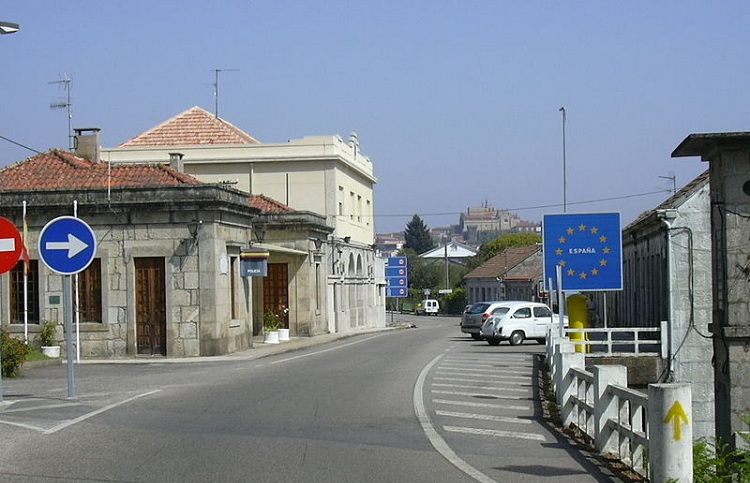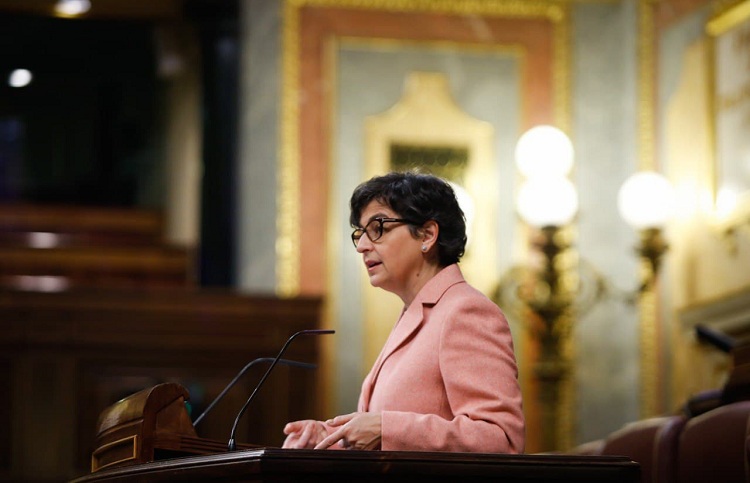Eduardo González
The Minister of Foreign Affairs, Arancha González Laya, said yesterday that the new restrictions on border mobility between Portugal and Spain had been “agreed by common accord” by the two countries and were based on the Schengen rules, which allow such measures “by force majeure”.
The Portuguese Interior Minister, Eduardo Cabrita, announced yesterday that the government had decided to limit travel abroad “by air, land or river”, including crossing the border with Spain, as of this Friday and for an initial period of two weeks in order to contain the spread of the pandemic. The measure, which has been supported by the opposition in the Assembly of the Republic, came a day after Prime Minister António Costa warned of an “exponential” increase in COVID-19 infections and a “dramatic number” of deaths.
“Portugal has been in contact all day with the Spanish authorities to reintroduce temporary restrictions on mobility at the borders for reasons of COVID-19 management”, said González Laya during a joint press conference with her Guinea-Bissau counterpart, Suzi Carla Barbosa, at the Viana Palace.
“It is not a border closure, it is a temporary restriction of border mobility agreed by common accord” and which includes, “as always, mechanisms to allow authorised or excepted persons to cross the border”, she continued. “The measures proposed by Portugal have been outlined jointly by Spain and Portugal, always respecting the Schengen rules that allow temporary restrictions in the event of force majeure, and this is a case of force majeure”, González Laya said.
“The details are being worked out at the moment”, but, in any case, “it will affect everyone”, both the Portuguese who are in Spain and the Spanish who are in Portugal, she said. This decision “is not easy for the citizens of Portugal and Spain who live in cross-border areas”, but “these citizens will understand that these restrictions on mobility have the mission of helping Portugal and Spain to control the increase in COVID infections”, she concluded.
The Spanish-Portuguese border remained closed during the first wave of the pandemic, as part of the generalised closure of mobility between all Schengen member states, agreed by EU governments in mid-March. The reopening took place on 1 July in a solemn act attended by King Philip VI and the President of Portugal, Marcelo Rebelo de Sousa, together with their respective heads of government, Pedro Sánchez and António Costa. This was the last step towards the full restoration of our country’s mobility throughout the Schengen area, in the midst of the de-escalation period of the first wave.






